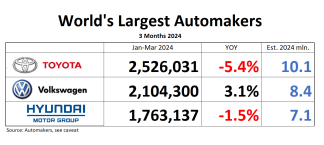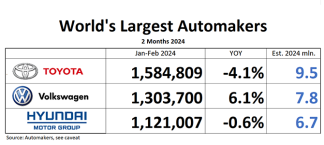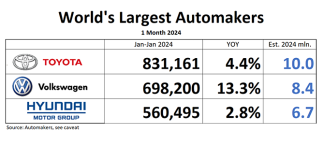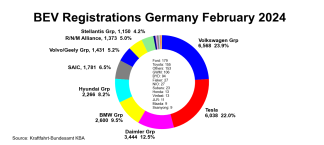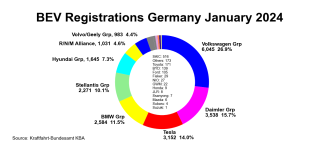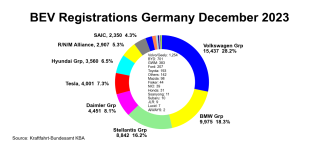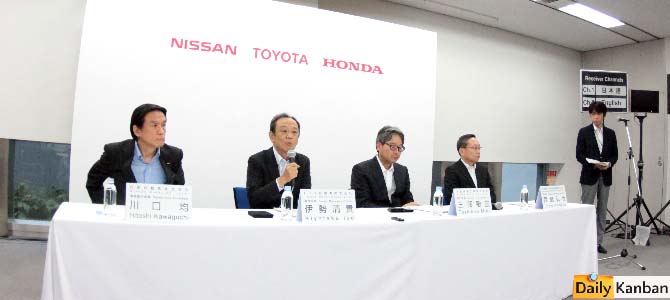
What did he just say?
Japan’s three major automakers held a rare joint press conference today, throwing their weight and support behind fuel cells and a zero-emission hydrogen society. That support had been far from unanimous in the past. While Toyota is fully in the fuel cell camp, Nissan is on record that BEVs are viable now, while FCVs may be a drawn-out dream. Honda, having to deal with more pressing problems than the future of the planet, is somewhere in the middle. Today, all three united and shook hands on the noble cause of jump-starting the hydrogen station infrastructure in Japan.
Held at the epicenter of Japan’s auto business, at the seat of the Japanese manufacturer association JAMA, and sundry other automotive bodies, the three automakers vowed to keep hydrogen fuel stations in Japan open and alive until there is sufficient demand to cover the overhead. Basically, the automakers vowed to spend up to 40 million US$ to defray up to a third of the operating costs of hydrogen fuel stations. This financial support comes on top of that by the Japanese government, which will pay roughly half of what a hydrogen fuel station costs to build.
The outlays will be split among the three automakers according to the numbers of FCV cars they sell. This will shoulder Toyota with most of the cost, while Nissan and Honda will show mostly moral support, at least in the beginning. Toyota is the only company that has released a commercial FCV car, the Mirai, even if it will be limited to homeopathic numbers for the time being. Honda said it will release an FCV next year. Nissan’s lukewarm support of the hydrogen society may result in an FCV by the end of the decade.
Aligned in front of a full court Japanese press, the representatives of Japan’s big automakers practiced the high art of the subtle snub. On the Toyota side, Senior Managing Officer Kiyotaka Ise stuck to the company’s party line that FCVs are for the big cars, while BEVs are perfect for the confined spaces of the inner cities. Hitoshi Kawaguchi, SVP of Nissan, was not happy about this remark, and he countered by saying that BEVs enjoy the world’s densest charging network in Japan, with 5,000 public quick chargers, and 9,000 conventional ones, in addition to the tens of thousands of home chargers, which shows that FCVs need help.
Polite smiles all around.
Japan wants to have some 100 hydrogen fuel stations next year, a target it is likely to miss. According to the maps projected today against the wall of JAMA by MITI Department Director Chihiro Tobe, the stations will mainly be clustered around the megacities of Tokyo, Kobe/Osaka, Hiroshima, and the not-so-free ways between. Japanese citizens living north of Tokyo will have to wait.
